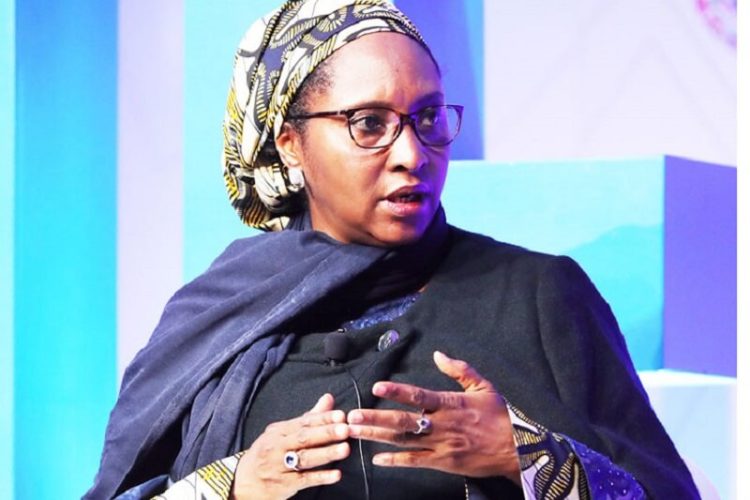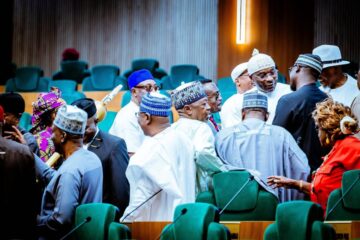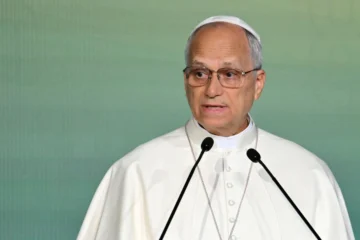
Minister of Finance, Budget and National Planning, Zainab Ahmed... Photo Credit: File
The federal government has proposed to borrow over N11 trillion to finance the proposed 2023 budget deficit.
This development is far above the stipulated threshold in the Fiscal Responsibility Act.
The Minister of Finance, Budget and National Planning, Zainab Ahmed, while appearing before the House of Representatives committee on finance to defend the 2023-2025 Medium Term Expenditure Framework and Fiscal Strategy Paper, said the government’s budget deficit is expected to exceed N12.42 trillion if the federal government keep the petroleum subsidy for the entire 2023 fiscal cycle.
Reeling out numbers to the committee, Ahmed said the 2023 budget proposal is based on two options.
On the first option, the deficit is projected to be N12.41 trillion in 2023, up from N7.35 trillion budgeted in 2022, representing 196 percent of total revenue or 5.50 percent of the estimated GDP.
Based on this, Ahmed said the federal government would spend N6.72 trillion on subsidy payments.
On the second option, if the federal government keeps subsidy payments till June 2023, the budget deficit would amount to N11.30 trillion, which is N5.01 trillion of the estimated GDP. In this option, the PMS subsidy is projected to gulp N3.3 trillion.
The minister further said the first option is not likely to be achievable based on the current trend, while the second option would require tighter enforcement.
She said the new borrowings would come from local and international sources. Ahmed said N9.32 trillion in new borrowings, comprising N7.4 trillion from domestic sources and N1.8 trillion from foreign sources, adding that the government is expected to generate N206.1 billion from privatisation proceeds and N1.7 trillion in multilateral project-tied loans.
On the two proposals, Ahmed said they have budget deficits far above the stipulated threshold in the Fiscal Responsibility Act.
The fiscal responsibility law provides a limit of 3 percent threshold for sustainability but the president can “exceed the ceiling if there is a clear and present threat to national security or sovereignty of Nigeria”.
In 2020, the federal government exceeded the fiscal borrowing threshold, citing the COVID-19 pandemic.











